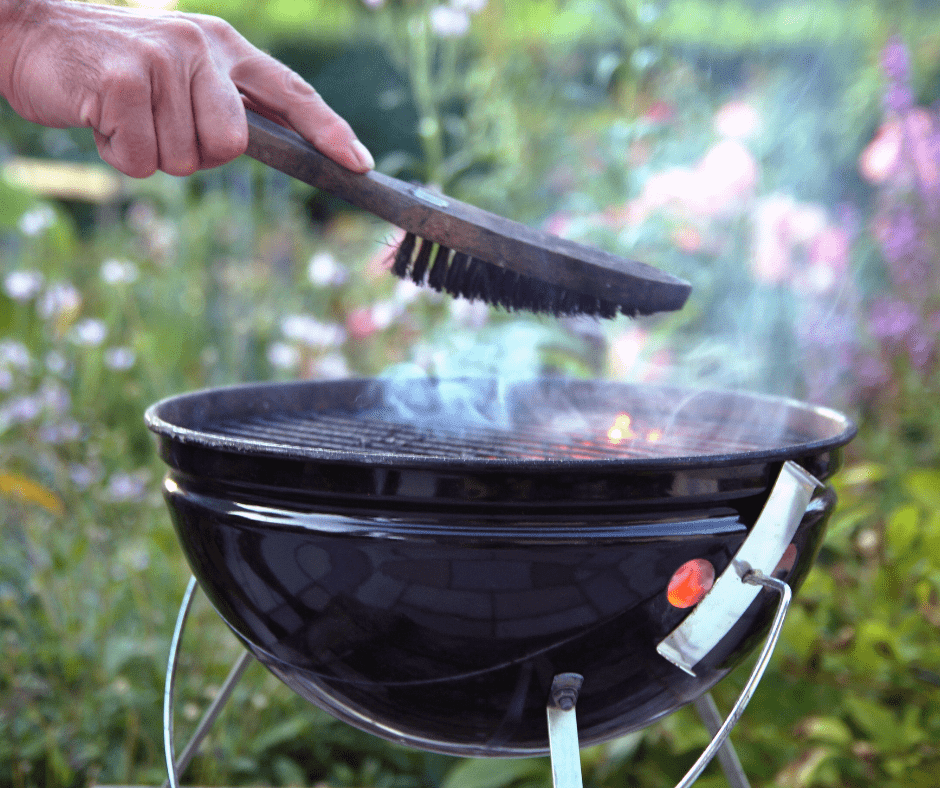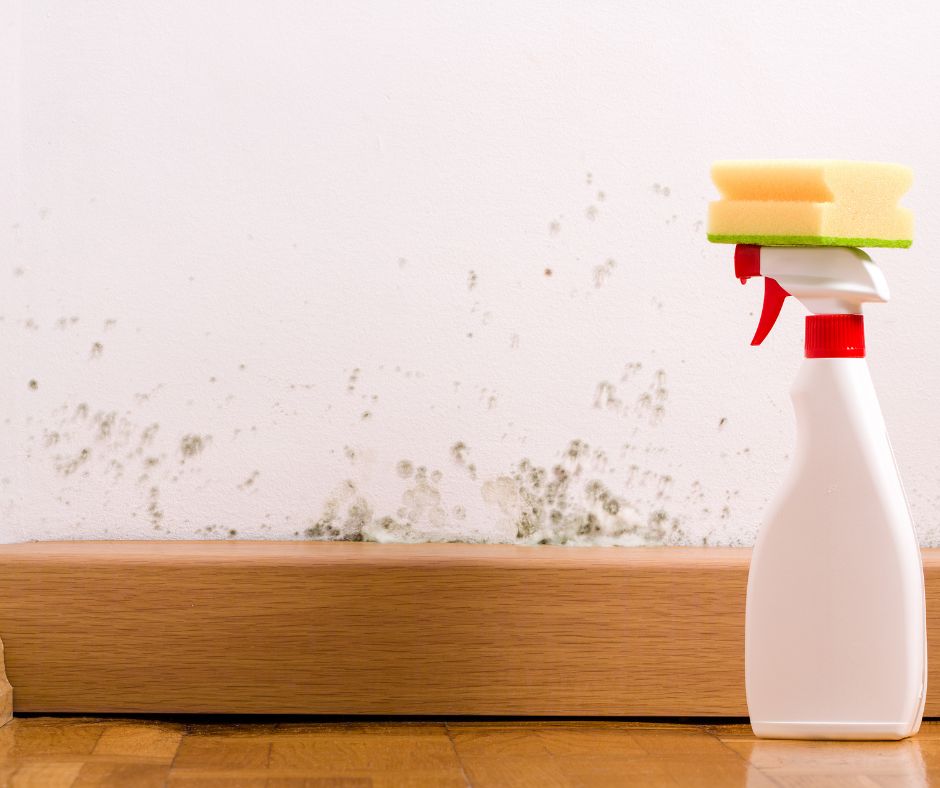Curb Appeal Tips in New Castle County, DE

Obviously, the first thing a prospective buyer sees when they drive up to your house is the front outdoor space and exterior. First impressions can make or break a sale! Bring your curb appeal to life with a few easy and easy-on-the-budget ideas.
-
- Use a long-handled soft brush and mild soap and water to wash the front of your home’s exterior.
-
- If you don’t own a pressure washer, rent one from your local home store and give the driveways and walkways a good cleaning, paying special attention to stains from fallen leaves.
-
- Store away any personal items you have in the front garden, like statuary, monogram garden flags, and even the basketball goal over the garage door. You want the buyers to imagine your yard as their own.
-
- Trim or remove shrubbery and trees, or large plantings that don’t show off the front of your home. If the job is too big, a professional may need to be called in.
-
- Give the front door a fresh coat of paint in a bright inviting color, add a new welcome mat, and if necessary, install new hardware and clean up or add new house numbers.
-
- Simply changing your old porch or yard light sconces can make a big difference in appearance, as most homes are shown during the day, but many house hunters drive around in the evenings, looking at homes on their want list, so you want the lighting to shine bright.
-
- If you don’t want to invest in a lot of flowers in the landscape in hopes that you will be moving soon, cover the beds with new mulch. For some color, place pots and containers in strategic areas filled with flowers and greenery.
-
- On a large front porch, add a sitting area with an indoor-outdoor rug and casually arranged porch furnishings.
-
- Fencing adds value to your home, but it needs to be in great condition. Clean the fence, painting and repairing where needed.
-
- Don’t forget the mailbox! Inspect the post and mailbox itself carefully, and give it a good cleaning, or replace it altogether. Some low maintenance plants around it will make it stand out.
You want your home to give your potential buyers a great impression when they drive up. They will likely have already scrolled through your home’s photos in the online listing, so it needs to look as great or better than what they’ve already seen. These tips may seem insignificant to you, but look at your home through a buyer’s eyes, and do whatever is necessary to turn that first impression into a sale!
Courtesy of New Castle County DE Realtors Tucker Robbins.














